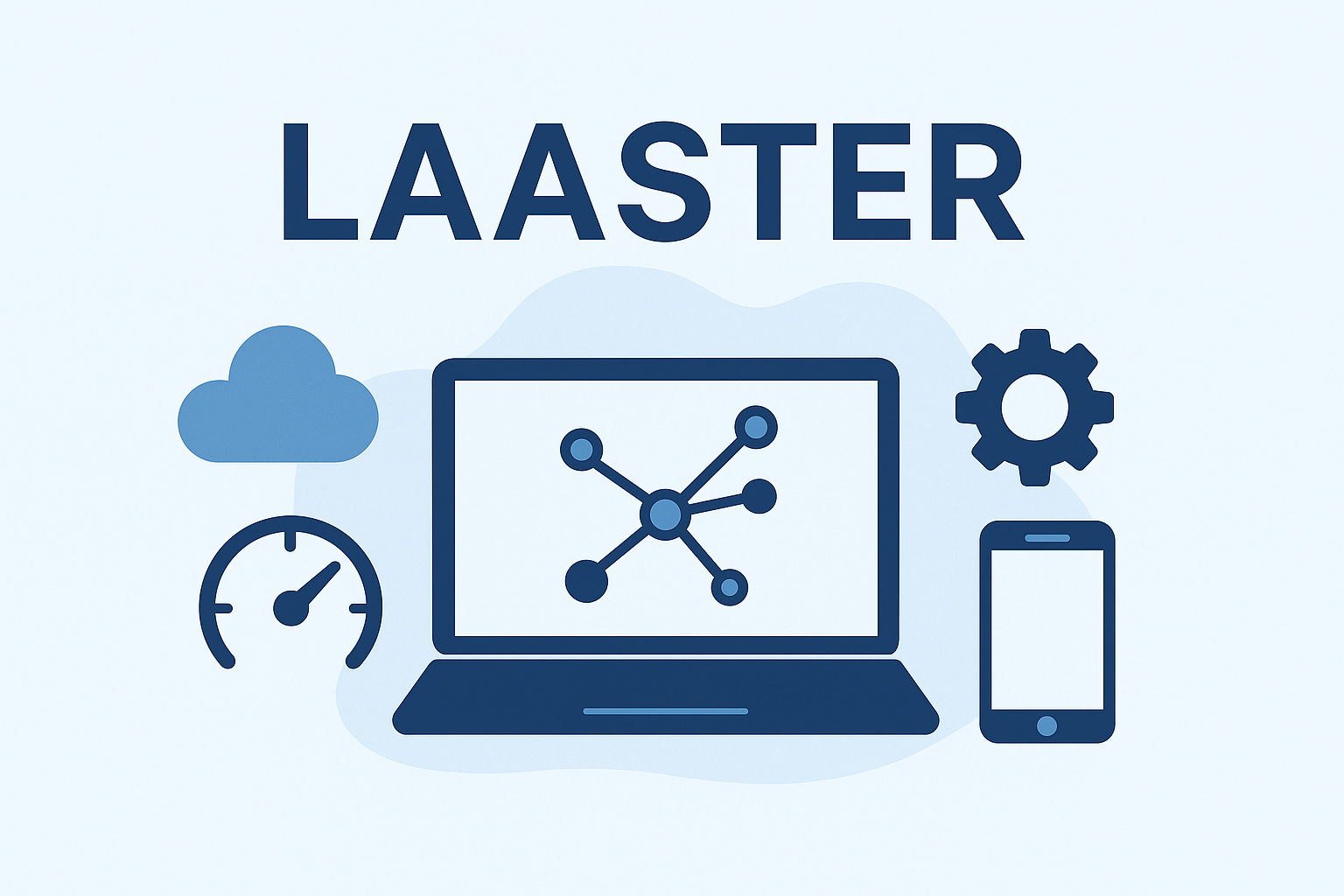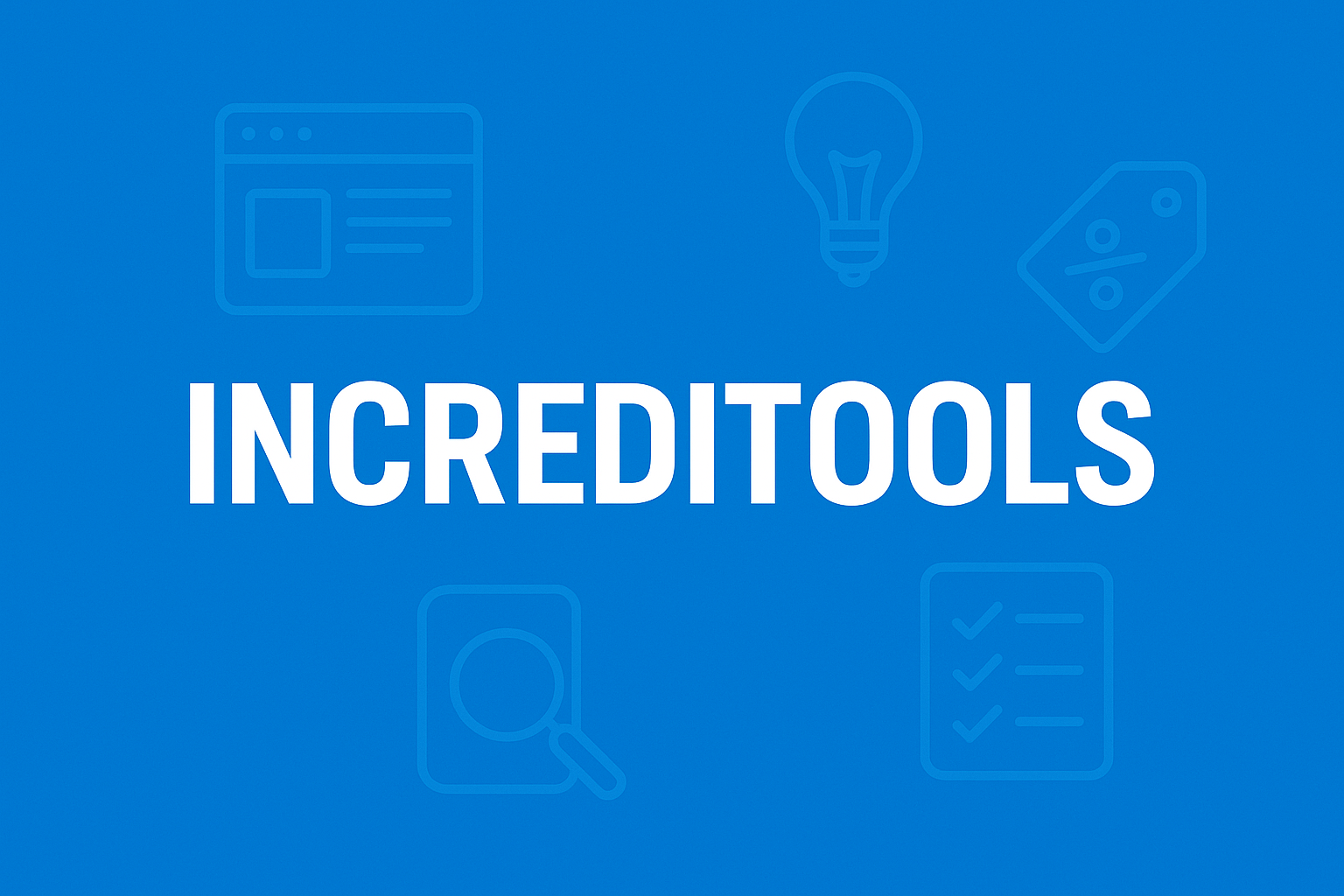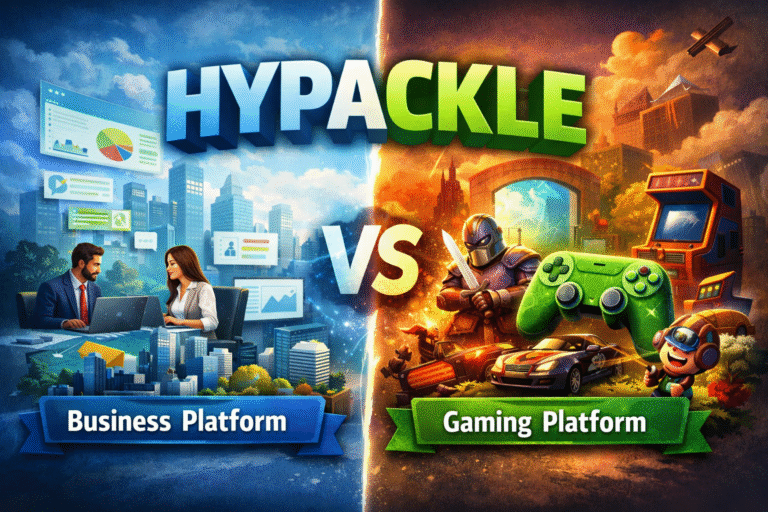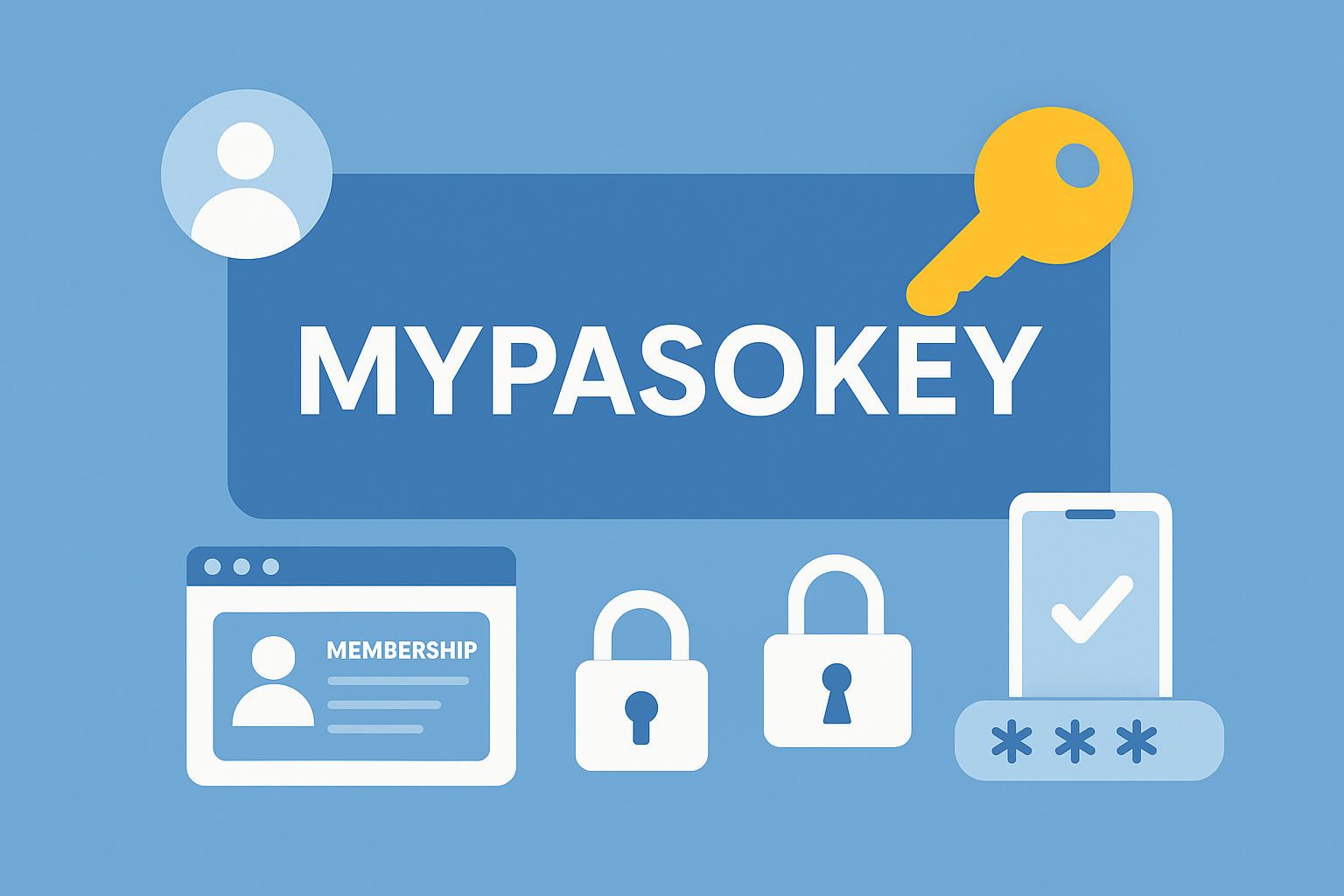Incorporation of Generative AI Tools including ChatGPT into Content Marketing Strategies
Within the past several years, the core aspects of the marketing industry have changed because of the introduction of Generative AI technology which hasn’t been the case for ChatGPT, Jasper, Copysmith, or many other such tools. AI language frameworks have reduced the amount of time that would have been spent on delineation, investigations, and writing into mere minutes due to the affordability of resources and the information available at their fingertips.
This article aims to detail the many tools available, as well as their associated limitations, the impact on and prediction of the future of digital marketers due to the tools, and all the other aspects for content marketing strategy planners.
The Concept of Content Marketing and the Role of Generative AI
“Generative AI is the subfield of artificial intelligence which is concerned with algorithms that can contain content whether it be text, images, videos, or even code by synthesizing new content rather than reproducing existing data. It is trained to identify and grasp the important aspects of available information and form an AI model on that. Content marketing is all about idea writing, article crafting, social media posting, email marketing, and even advanced SEO strategy planning” Asanka Henegadera Director at Center for Lean
As an instance of technology, ChatGPT employs NLP to interpret and produce text approximating human speech and clarity. This permits marketers to lessen time spent creating content while retaining relevance and grammatical accuracy.
Productivity Improvement
Because creating quality marketing content was an extremely time-consuming process in the past, it had to go through writing, research, and systematic editing and reviewing. This long process has been cut down tremendously, thanks to efficient tools such as ChatGPT.
Marketers and other professionals are now able to:
- Draft and outline blogs within the span of minutes.
- Create, refine, and adjust ad copies for effective A/B targeted marketing.
- Craft tailored social media captions for distinct social media platforms.
- Bulk product descriptions and FAQs.
Marketers can now easily scale content production, achieve consistency across campaigns, and easily meet higher published demands, all thanks to the time this process now takes.
Expansion of Creativity
“Ideation for content marketing has been and remains the most complex and difficult part of content marketing. This is the result of the need for unique and relevant topics that deeply resonate with the audience. With the use of Generative AI, marketers and other professionals are able to use it for concept generation” Ray Lauzums Owner Online Store Poggers
AI has stepped up the productivity of marketers to the next level. For instance, marketers can use prompts like:
“Suggest blog ideas for green ventures.”
“Give social media content ideas for a new skin care line.”
AI magic helps eliminate writer’s block by generating slugs, outlines, and even entire articles in a matter of seconds. Even though AI cannot take the place of human ingenuity, it certainly helps broaden the horizon when it comes to new ideas and thoughts.
Improving SEO and Content Optimization
Having a strong SEO content strategy is still the backbone of content marketing. AI is helping marketers in innovative and productive ways. Marketers can use tools like ChatGPT for:
- Researching and assigning keywords with related search terms.
- Creating meta titles, descriptions, and headers for in-page segmentation.
- Improvement of readability and integration of keywords without stuffing.
The ability of AI to aim for SEO consistency and quickly adapt to changes in the algorithms of the search engine systems still requires the supervision of humans for SEO over optimization and inauthentic content.
Brand Voice and Consistency Enhancement.
The lack of brand voice continuity is particularly a problem for large organizations. AI systems that are generative can be programmed to conform to a set of brand tone, words, and style rules in an organization to provide brand text that lacks disparity.
As an example, an AI capable of analyzing data regarding previous blog posts and marketing campaigns of the company can switch its tones ranging from formal to playful, and from conversational, depending on the situation. Such techniques aid in the consolidation of brand trust and audience confidence, while the brand’s identity is emphasized.
Limitations and Ethical Considerations
Generative AI is a marvelous technology, but like any other technology, it has challenges that marketers have to solve in a responsible way.
Accuracy and Originality
AI tools often produce wrong or factually inaccurate, and often tedious content simply because they base their content on available literature. Credibility is quality checked through human review.
Plagiarism and Authorship
As marketers know, AI models have a penchant for immersing into internet data. Because of this, plagiarism is sheerly unavoidable. Marketers have a habit of editing outputs to ensure originality.
Ethical and Transparency Issues
It is unethical to use AI content and not disclose that it is AI content, and it is usually reserved for brand pursuit. A brand’s goal for content should include information about AI’s role, explaining when and how it has been invoked.
Human + AI: The Perfect Collaboration
It is a much better viewpoint to see the role of AI in marketing as a resolute collaborator rather than using it as a marketing replacement. AI technology has its merits in human power by creativeness, and not in replacement.
“AI can replace tedious and drone-like activities such as keyword research, drafting, and formatting. Human marketers shoulder the burden of emotionality, strategic competency, and of great importance articulateness in a statement. These factors no algorithm represents ”Andy Kolodgie CEO at Property Leads
How Content Marketing Will Change with the Advent of New AI Sonic Technologies
While the new AI technologies grow in sophistication and power, their application in content marketing will likely deepen. We can expect, for example, AI to do the following:
- AI will generate voice and visual content in the form of podcasts, videos, and even infographics.
- AI will create predictive content performance tools to forecast future engagement levels with content even before it is published.
- AI will deploy real-time hyper-personalization marketing to automatically adapt web content to all visitors to reflect their unique behaviors.
In the coming years, content marketing, with the assistance of AI at every stage, will become even more automated, hyper-personalized and driven by deep insights.
Conclusion
AI tools such as ChatGPT do not only add convenience in content creation, they also redefine the very essence of content marketing. AI tools enable marketers to achieve more with less effort by increasing the speed of production, personalizing content, optimizing for SEO, and enhancing data analysis.
Success in the new era depends on AI balance. Marketers must fuse the in-built efficiencies of AI with human creativity, emotional intelligence, and authenticity. Those who get the balance right will not only cut costs and time, but also create smarter and more profitable marketing strategies to weather the future.
The marketing content of the future will be a seamless integration of human intelligence and AI technologies a fusion that will redefine and enhance digital storytelling for years to come.







